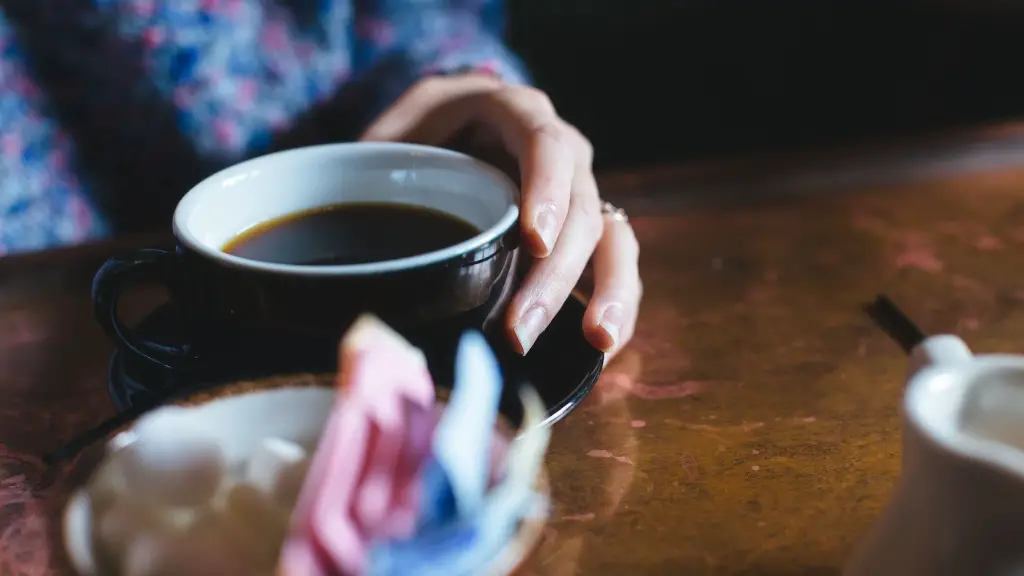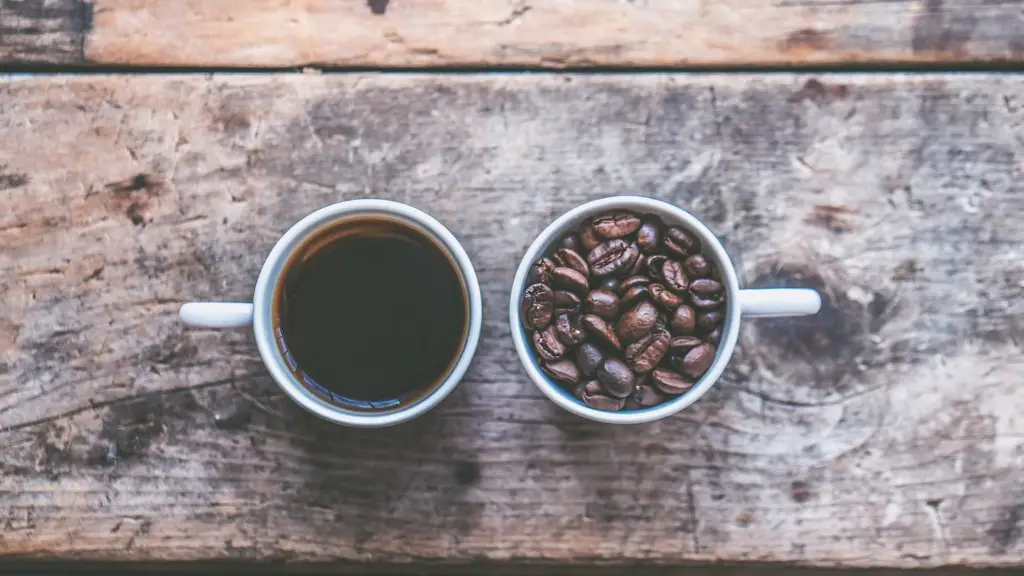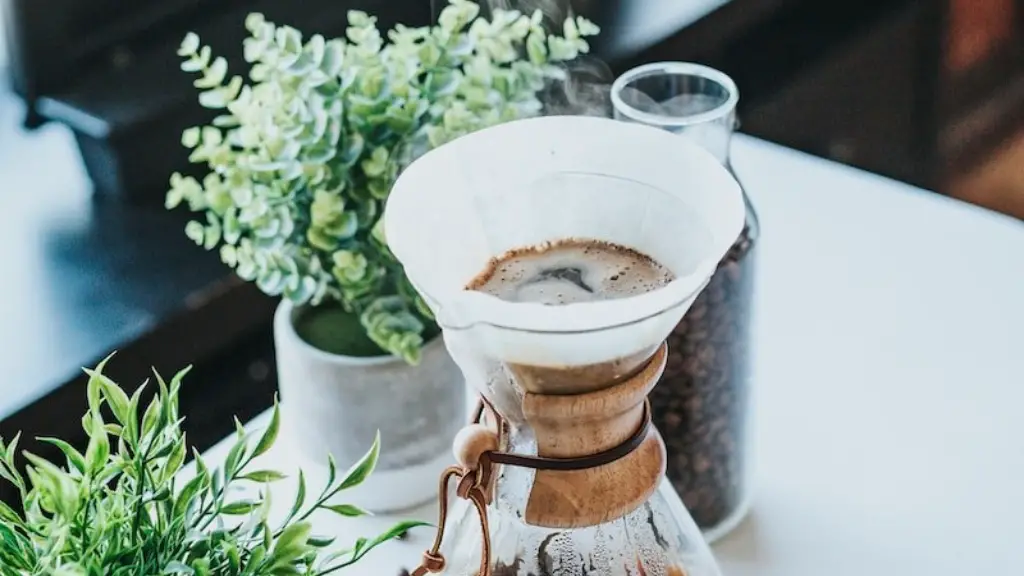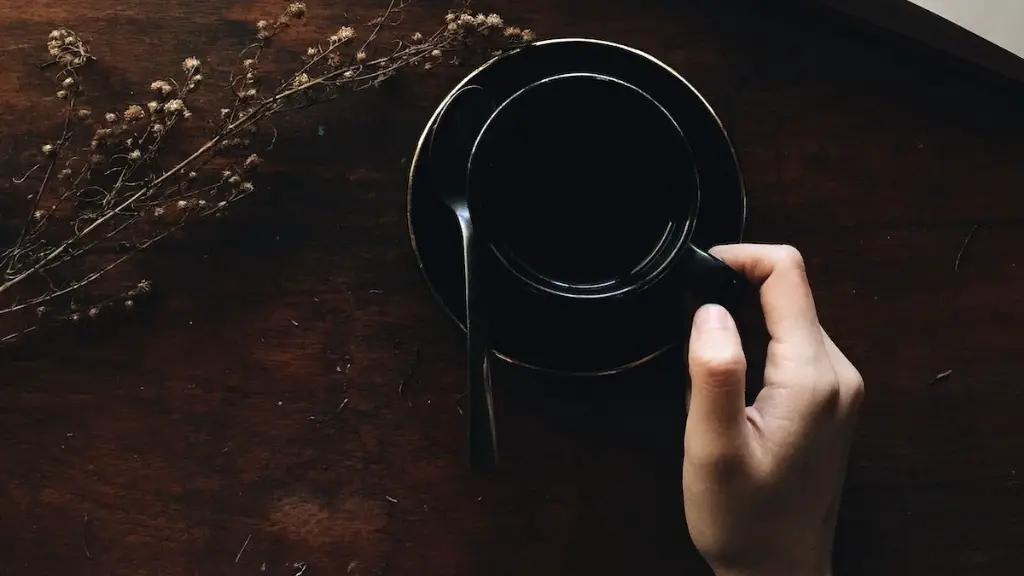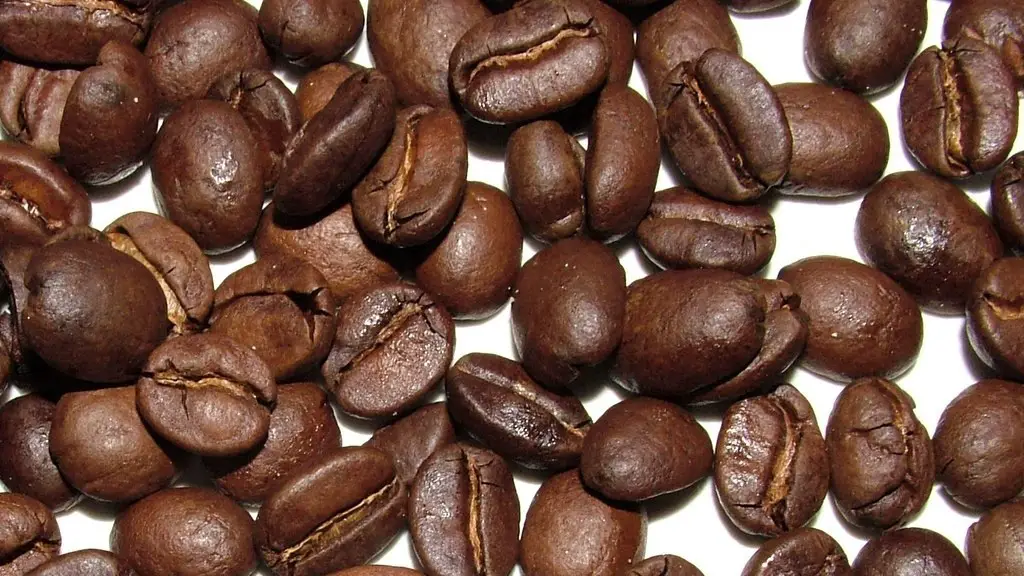Drinking Coffee Before A Blood Test
Coffee is the beloved morning ritual for many people, and it’s been linked to a range of health benefits. Yet if you’re having a blood test, you may be advised to avoid it in the hours leading up to the test. This is because coffee consumption may interfere with certain blood tests and give inaccurate results.
Caffeine is a stimulant that increases your heart rate, respiration, and metabolism. The main component in coffee, caffeine can interfere with certain blood tests, as it can affect the accuracy of results. Studies have shown that drinking coffee before a blood test can cause a biochemical interference in the test results. This could lead to false positive or false negative results.
Caffeine can also affect certain blood tests, such as the glucose test, which measures the amount of sugar (glucose) in the blood. Caffeine can cause a temporary increase in glucose levels, which could show as a false high on the test results. For this reason, it’s important to avoid drinking coffee before a glucose test.
It’s also important to consider the timing of when you drink coffee before a blood test. Caffeine takes about 30 minutes to reach its peak effects in your body, and can stay in your system for up to six hours. It’s important to wait at least six hours after drinking a cup of coffee before having a blood test. That way, the caffeine will have cleared out of your system and won’t affect the test results.
If you’re having a blood test done, it’s important to talk to your doctor about whether it’s safe for you to drink coffee before the test. For some types of tests, such as a glucose test, it’s best to avoid caffeine altogether. But for other tests, such as a cholesterol test, drinking coffee shortly before the test may not have an effect on the results.
Overall, it’s best to err on the side of caution and avoid drinking coffee before a blood test. That way, you can ensure that the results of the test will be accurate, and you can get the best possible insight into your health.
The Impact Of Caffeine On The Brain
Caffeine is well known for its energizing effects, and it’s often used as a pick-me-up when feeling tired. But one of the most interesting effects of caffeine is its impact on the brain. Studies have shown that coffee consumption can help to improve alertness, focus, and overall cognitive function.
Caffeine binds to receptors in the brain and helps increase the levels of neurotransmitters like dopamine and norepinephrine. These neurotransmitters are associated with increased alertness and focus, which is why many people turn to coffee when they need an energy boost. What’s more, caffeine is also thought to help increase communication between different regions of the brain, which can lead to better overall cognitive performance.
Caffeine can also provide an energy boost because it causes the release of glucose from the liver. This, in turn, causes a slight increase in your metabolism, which can help you feel more energized. So, if you’re having a blood test done and are feeling tired, you may want to consider having a cup of coffee instead of avoiding it altogether.
Furthermore, caffeine also helps to boost energy by increasing serotonin levels in the brain. Serotonin is a neurotransmitter that helps regulate mood, feelings of wellbeing, and energy levels. Studies have shown that coffee consumption can help increase serotonin levels, which can improve your overall energy levels and help you stay energized throughout the day.
Overall, coffee can be a great way to give yourself an energy boost, but it’s important to consider the timing when drinking coffee before a blood test. If you’re having a test done and are feeling tired, it’s best to talk to your doctor about whether it’s safe for you to have a cup of coffee beforehand.
The Other Benefits Of Coffee
Coffee isn’t just a pick-me-up: it’s also full of health benefits, from boosting your mood to protecting your heart. Studies have shown that coffee drinking can help reduce inflammation, which is associated with a range of illnesses and conditions. What’s more, coffee is packed with antioxidants, which can help fight inflammation, protect cells from damage, and help boost the immune system.
Coffee is also linked to a number of heart-related benefits. Studies have shown that coffee consumption can help reduce the risk of heart attack and stroke, as well as lower blood pressure levels. Caffeine is thought to be one of the main compounds responsible for these heart-healthy benefits.
Overall, coffee can provide numerous health benefits, but it’s important to remember that moderation is key. If you’re having a blood test done, it’s best to avoid drinking coffee beforehand to ensure that the results are accurate. But when it comes to enjoying a cup of coffee in moderation, it can be a great tool for improving your overall health and wellbeing.
Preventing Health Complications
In some cases, drinking too much coffee can have adverse effects on one’s health. Studies have shown that excessive caffeine consumption can lead to increased levels of stress, insomnia, and anxiety. Too much caffeine can also cause an increase in blood pressure, which can lead to health complications.
Caffeine is also a diuretic, meaning that it increases urine output. This can lead to dehydration, which can cause further health problems. And if you’re on certain medications, caffeine can interfere with their effectiveness and cause unwanted side effects.
For these reasons, it’s important to limit your consumption of coffee and other caffeinated drinks. It’s best to talk to your doctor about the best approach for you to take when it comes to caffeine consumption. That way, you can take steps to ensure that you are getting the most out of your coffee consumption while avoiding potential health risks.
How To Get The Most Out Of Your Coffee
Drinking coffee can be a great way to get an energy boost and enjoy the numerous health benefits associated with it. To get the most out of your coffee consumption, there are a few important things to keep in mind.
First, opt for the best quality coffee you can find. Good quality coffee is full of more antioxidants and beneficial compounds, so it’s worth spending a little extra to get the freshest, best tasting brew. Additionally, it’s important to limit your consumption: no more than four cups per day is the recommended amount.
Coffee also tastes best when it’s freshly brewed: try to avoid pre-made or pre-ground coffee, as the taste can be quite different. And if you’re having a blood test done and don’t want to give up your morning cup of joe, make sure you wait at least six hours before having the test.
Healthy Coffee Alternatives
If you need an energy boost but want to avoid the potential risks associated with coffee, there are plenty of healthy alternatives. Green tea is a great way to get a caffeine boost without the drawbacks of coffee, as it’s low in caffeine and packed with beneficial antioxidants. Plus, it’s tasty and easy to find, so you can enjoy a cup of green tea anywhere.
Herbal teas are also an excellent option if you want a caffeine-free drink. Turmeric tea is a great choice, as it can provide numerous health benefits, from helping with digestion to boosting your immune system. Other great options include ginger tea and peppermint tea, both of which are delicious and provide a range of health benefits.
Citrus fruits are another great way to boost your energy levels. Especially oranges and grapefruits, which are rich in Vitamin C, antioxidants, and other beneficial compounds. Eating a few slices of citrus fruits can provide a natural energy boost and keep you feeling energized throughout the day.
The Best Morning Rituals
Having a great morning ritual can help set you up for success for the rest of the day. To start the day off on the right foot, it’s important to get moving and get your blood flowing. Things like stretching and yoga are great ways to get your body moving and start the day off feeling energized.
Drinking plenty of water is also important, as it can help to hydrate your body and give you an energy boost. Herbal teas are also a great way to get the day started, as they are low in caffeine and provide numerous health benefits. Plus, they’re delicious, so you can enjoy a cup with breakfast to kickstart your day.
Finally, some light exercise can help get your blood flowing and get your body in gear. Working out first thing in the morning can help you feel energized and ready to face the day. Even a short walk or jog can provide a great energy boost, as well as helping to clear your mind. So, it’s worth incorporating some physical activity into your morning routine for the best start to the day.

